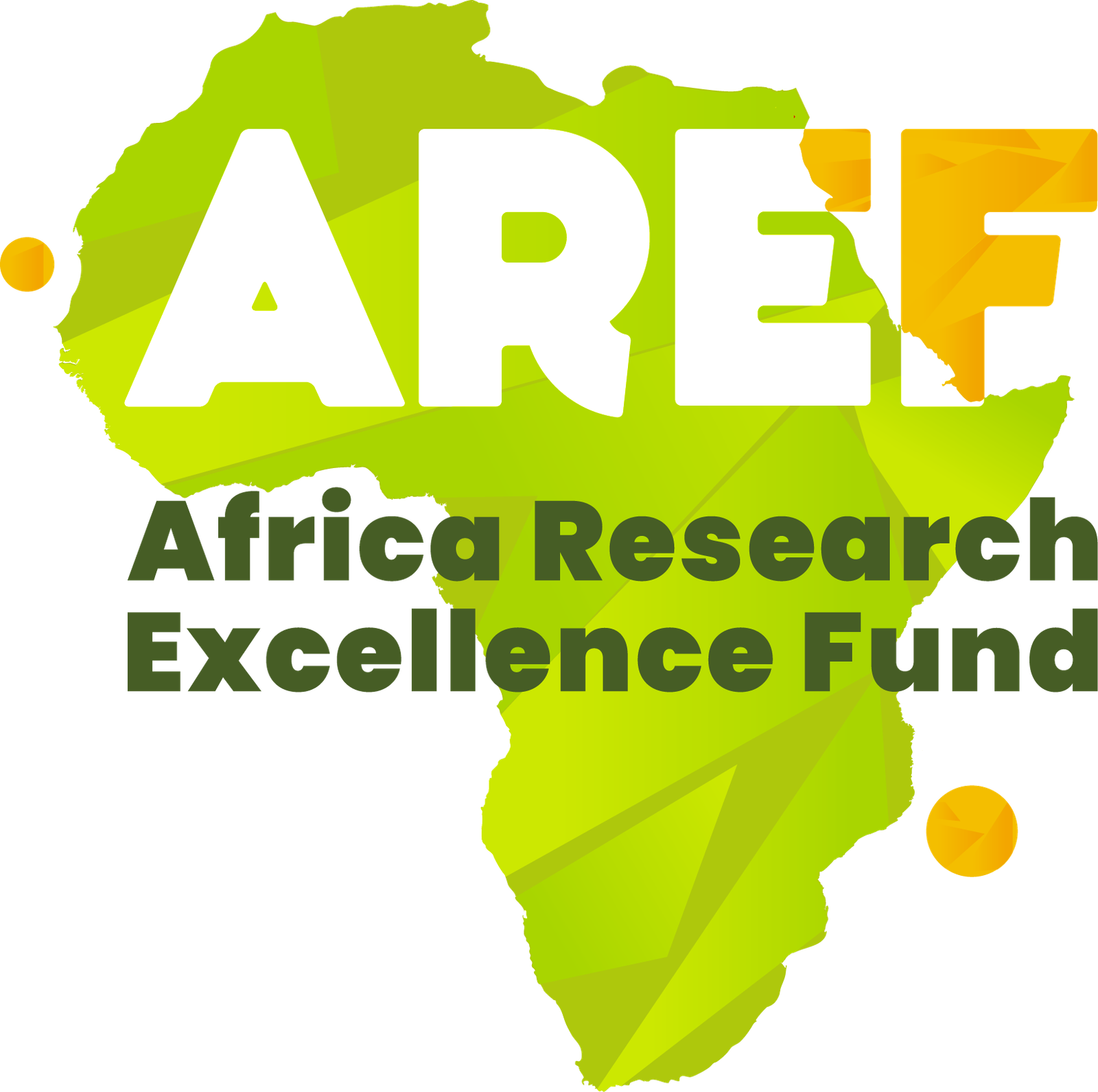Employing institution: Ifakara Health Research Institute, Tanzania.
Host institution: Imperial College London, UK
Project title: Development of malaria transmission models to determine the epidemiological impact of repellent-treated materials on malaria transmission in different ecological settings.
Dr Sangoro holds a PhD in infectious and tropical diseases, with a major focus on control of malaria vectors. His current research interest is to develop novel tools to complement primary malaria vector control interventions and assessment of the efficacy of these tools on malaria transmission.
AREF Fellowship:
Currently, malaria transmission in the early evening presents a major challenge in malaria control and development of complementary interventions will be essential if further gains are to be achieved in malaria control.
At the end of this fellowship, Dr Sangoro expects to apply the skills obtained in mathematical modelling and use data generated from previous studies to develop a model to assess the public health impact of repellent treated substrates. These skills will be essential in achieving the main objective of his future proposed work which is to validate the developed mathematical models by conducting a small-scale community trial to evaluate the impact or repellent-treated sandals and eave screens on malaria prevalence in Western Kenya.
Dr Sangoro will be placed at the UK Medical Research Council Centre for Global Infectious Disease Analytics at Imperial College London, which houses one of the largest malaria modelling groups in the world. The Centre brings together expertise in vector control under Professor Thomas Churcher, who currently leads a group of mathematical modellers using novel analytical methods to evaluate the efficacy of different vector control tools and predict the best way to use them to prevent disease.
“The modelling skills gained during this fellowship will enable the investigation of the best approaches to disseminate novel tools for control of residual malaria transmission.”



